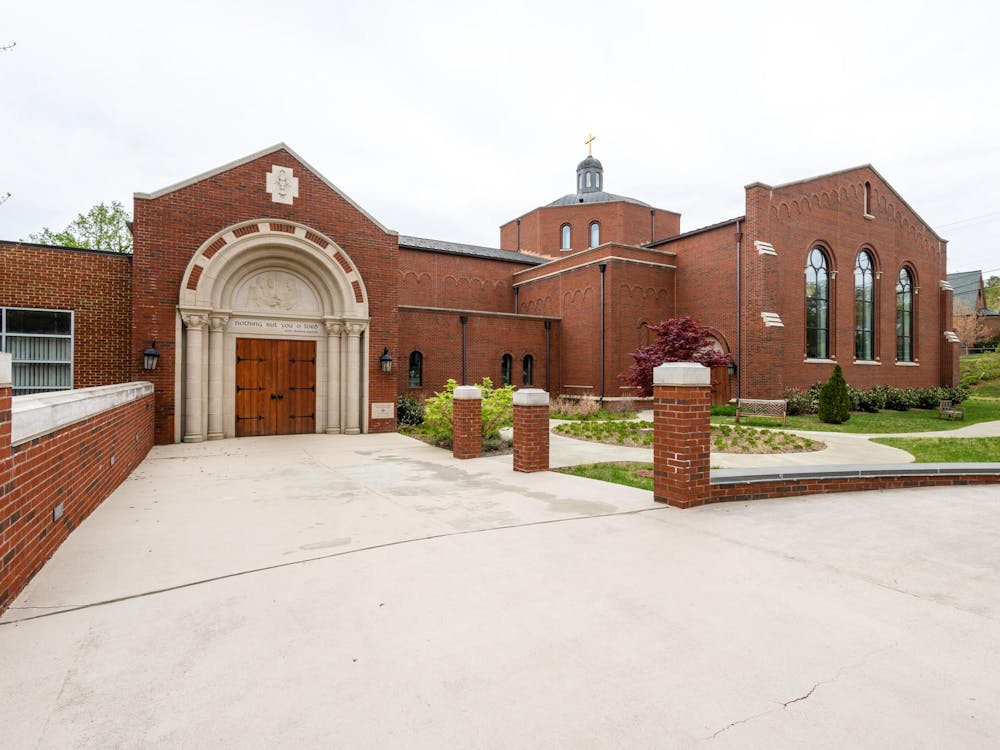Politics Prof. Larry Sabato joined Princeton Prof. Sam Wang in Nau Hall Thursday evening for a presentation titled “The Art(s) and Science(s) of Political Election Forecasting.” The discussion, mediated by Associate Politics Prof. Paul Freedman, delved into the different perspectives of political election prediction.
As the founder and director of the University’s Center for Politics, Sabato directs the Center’s website, the Crystal Ball. The Crystal Ball is the political election watchdog of the University, bragging a 99 percent accuracy rate in all political races in 2004.
“People often ask me, ‘Why do you bother? Everybody is going to learn the results on election night,’” Sabato said. “So why do we do it? Well it’s fun and interesting, at least for my Center, which is dedicated to getting people interested in politics, educating them about it [and] getting them to participate in politics. [Polling] is a wonderful hook to bring people in because everybody enjoys that.”
Sabato explained to the audience how the Crystal Ball uses aggregate poll data and expert analysis to help make political predictions. In the Crystal Ball, they “look at everything and use inductive reasoning” to make their predictions, Sabato said.
Whereas Sabato has focused his recent career to political forecasting, Wang has made it his personal hobby. Wang uses his neuroscience background in his approach to election prediction, analyzing quantitative data.
“I make predictions on simple hard to refute assumptions,” Wang said. “When we look at models … speaking as a scientist, these are research tools. When you make a model like that, you make assumptions … I think these models are investigative tools until polls are available. Then it’s like a thermometer, with the day by day analysis.”
Amid the discussion of forecasting perspectives, modern political trends involving American voters and voting patterns were also addressed. According to Sabato, although local and lower level elections remain relatively challenging to forecast, national elections have become more predictable in recent years.
“We have had a polarization of the parties,” Sabato explained. “Almost all conservatives are now Republicans. Almost all liberals are now Democrats. There really aren’t many moderates left. Loads of people like to tell you they’re moderates – no they’re not.”
Recently Sabato and Wang have spent time analyzing political data Virginia in preparation for forecasting the gubernatorial showdown between Terry Mcauliffe and Ken Cuccinelli in November.






